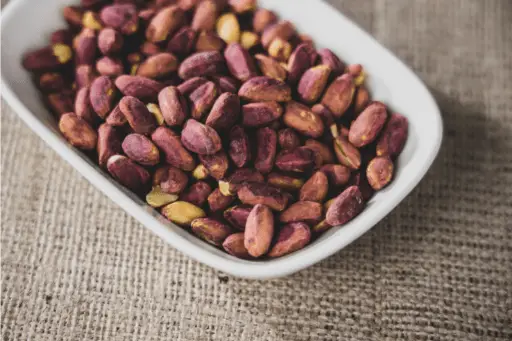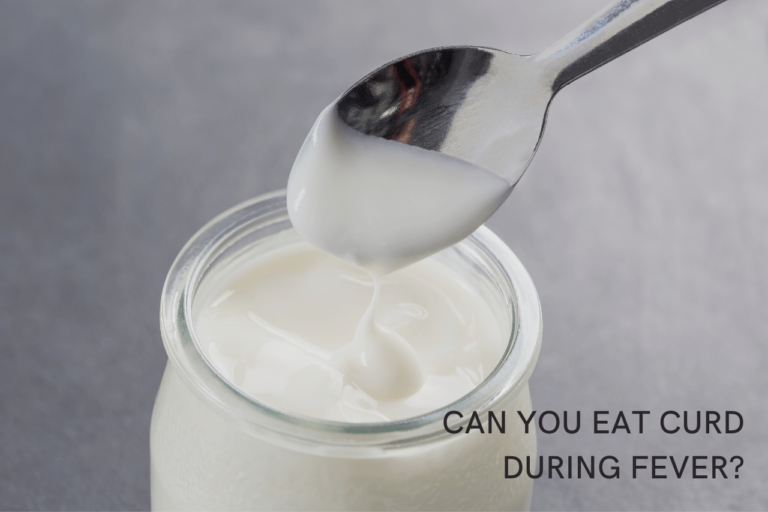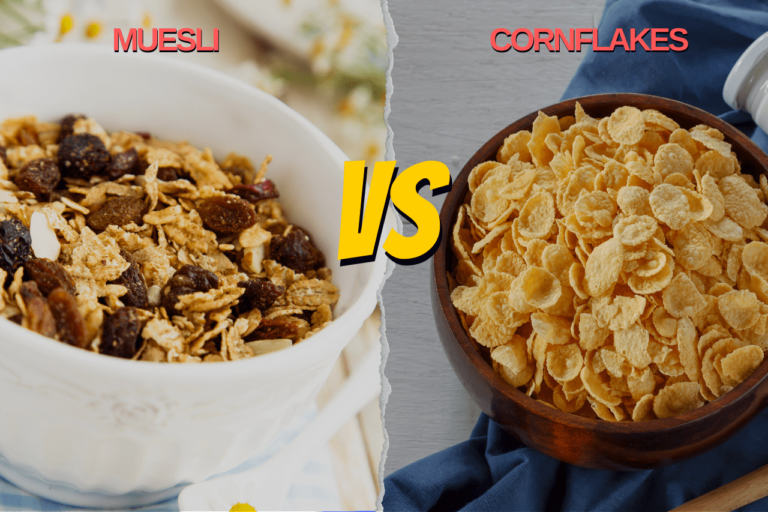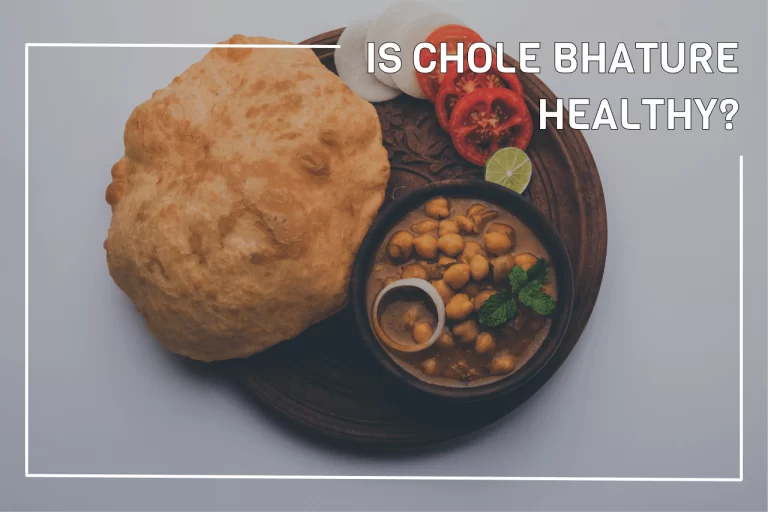Peanuts are one of the most popular nuts in the world. In fact, They’re so popular that they can be found everywhere, from the corner of the street to the local grocery store. They’re well-known for their ability to lower cholesterol, prevent gallstones, and even treat cancer! However, despite all of these benefits, peanuts also have some disadvantages that you need to consider before consuming too much.
In this post, I will be sharing a list of six major disadvantages of consuming too many peanuts.
Also read: 20+ Amazing List Of Dry Fruits Name To Include In Your Diet
6 Disadvantages of peanuts

Peanuts and cancer risk
Peanuts are not harmful to everyone, but people with cancer are at a higher risk of spreading cancer. According to a study conducted by researchers at the University of Liverpool, cancer patients who consume an excessive amount of peanuts may increase their risk of cancer spreading.
The study shows that peanut agglutinin (a lectin from peanuts) enters the bloodstream quickly after eating peanuts and interacts with blood vascular wall cells to produce molecules known as cytokines.
The production of cytokines causes other endothelial cells to express more cell surface adhesion molecules, making them more appealing to circulating tumor cells and potentially promoting cancer cell spread.
Although more research and investigation is needed. But the study suggests that cancer patients should avoid eating peanuts on a regular basis.
Peanuts and allergy risk
One of the most common disadvantages of eating peanuts is peanut allergy, which is becoming more common over time. If a person with a peanut allergy reacts to trace amounts of peanuts, they can have an anaphylactic shock (a severe allergic reaction).
According to research, most people who are allergic to peanuts or peanut particles are at risk of having a severe reaction if they come into contact with products containing peanuts or peanut particles. This risk increases if they contact peanut-containing food while their guard is down, such as when eating. In fact, even small amounts of peanuts can cause a serious reaction in some people, which can be fatal (anaphylaxis).
Some of the signs and symptoms of a peanut allergy include:
- Redness or swelling on the skin
- Stomach cramps, nausea, or vomiting
- Shortness of breath
- Runny nose
People who are allergic to peanuts must either avoid them or carry an EpiPen in case of accidental ingestion.
Peanuts and weight gain
Peanuts are well-known for their weight-loss benefits due to their high fiber and protein content. However, if your daily consumption is excessive, instead of losing weight, you may gain weight. Peanuts are high in calories, with approximately 161 calories in 1 handful, and may promote weight gain in people who are not physically active enough.
Peanuts and saturated fats
While the majority of the fats in peanut butter are relatively healthy, peanuts do contain some saturated fat, which according to research, can cause heart problems if consumed in excess overtime.
The researchers reported that saturated fats might also raise LDL or “bad” cholesterol levels in the blood, increasing the risk of developing heart disease.
Most health organizations and dietary experts recommend consuming saturated fats in moderation and that unsaturated fats be substituted whenever possible.
However, many sources also claim that saturated fat is good for you, but only in small amounts. The debate over whether saturated fat is good or bad is still ongoing, but I thought it would be helpful to include this point here for your convenience.
Peanuts and sodium content
Peanuts are a healthy snack as long as they are unsalted or lightly salted. Salted peanuts, for example, have roughly three times the sodium of unsalted peanuts, which can increase your risk of developing hypertension and raising your blood pressure.
Although sodium is necessary for the body, too much of it can be harmful to your health. A handful of peanuts contains about 5 mg of sodium, and salting them increases the sodium content, increasing the risk of heart disease and stroke.
The sodium content of your peanuts can vary. If you buy peanuts at the store, make sure to read the label to see how much sodium is in them.
Peanuts and food poisoning
While peanuts are a staple in the diets of millions of people worldwide, many of them are unaware that the peanuts they eat may contain cancer-causing compounds known as aflatoxins.
Aflatoxins are a type of toxic compound produced by the fungus Aspergillus flavus found in foods such as peanuts, corn, and grains. They are the leading cause of food poisoning around the world. According to studies, large doses of aflatoxins can affect humans and animals by damaging DNA, producing cancer, and damaging the liver.
The risk of aflatoxin contamination is determined by how peanuts are stored. Warm and humid conditions, particularly in the tropics, increase the risk. However, aflatoxin contamination can be effectively avoided by properly drying peanuts after harvesting and keeping temperature and humidity low during storage.
How many peanuts should you eat per day?

There is no set amount of peanuts that you should eat per day as consumption may vary from person to person. However, experts estimate that consuming 1 ounce or a handful of peanuts, approximately 28.4gm, is safe for most people. Consuming this amount of peanuts will reduce your risk of heart disease by up to half and your risk of diabetes by a quarter.
It is important to consider not only how much you should eat, but also how you should eat. You can eat peanuts in a variety of ways, including raw, roasted, boiled, fried, powdered, or made into peanut butter. However, eating them with their thin, papery skin is most nutritionally beneficial, as the skin contains many antioxidants and phytochemicals.
Final words
To all the peanut lovers out there!
The six reasons listed above are all valid reasons to limit your daily intake of peanuts. You should limit your consumption of this nut because it contains saturated fats and aflatoxins, both of which can be harmful to your health.
Eating too many of them can also lead to weight gain.
If you want to enjoy the benefits of peanuts without any disadvantages, choose peanuts with low sodium content and eat in moderation!
If you found this information useful, don’t hesitate to share it.
FAQs
Peanuts contain a toxin called aflatoxin, which is a carcinogen. It’s found in the soil where peanuts are grown and during the harvesting process. Studies have shown that even eating a small amount of this toxic compound can damage your liver.
Peanuts are frequently consumed as an evening snack. However, you can eat peanuts in the morning or during the day when the sun is shining. Although eating peanuts at night is generally safe for most people, you should avoid doing so.
You can safely eat peanuts every day that too without any side effects. The issue arises when your consumption becomes excessive. Eating in moderation can help with heart health and cancer prevention.




